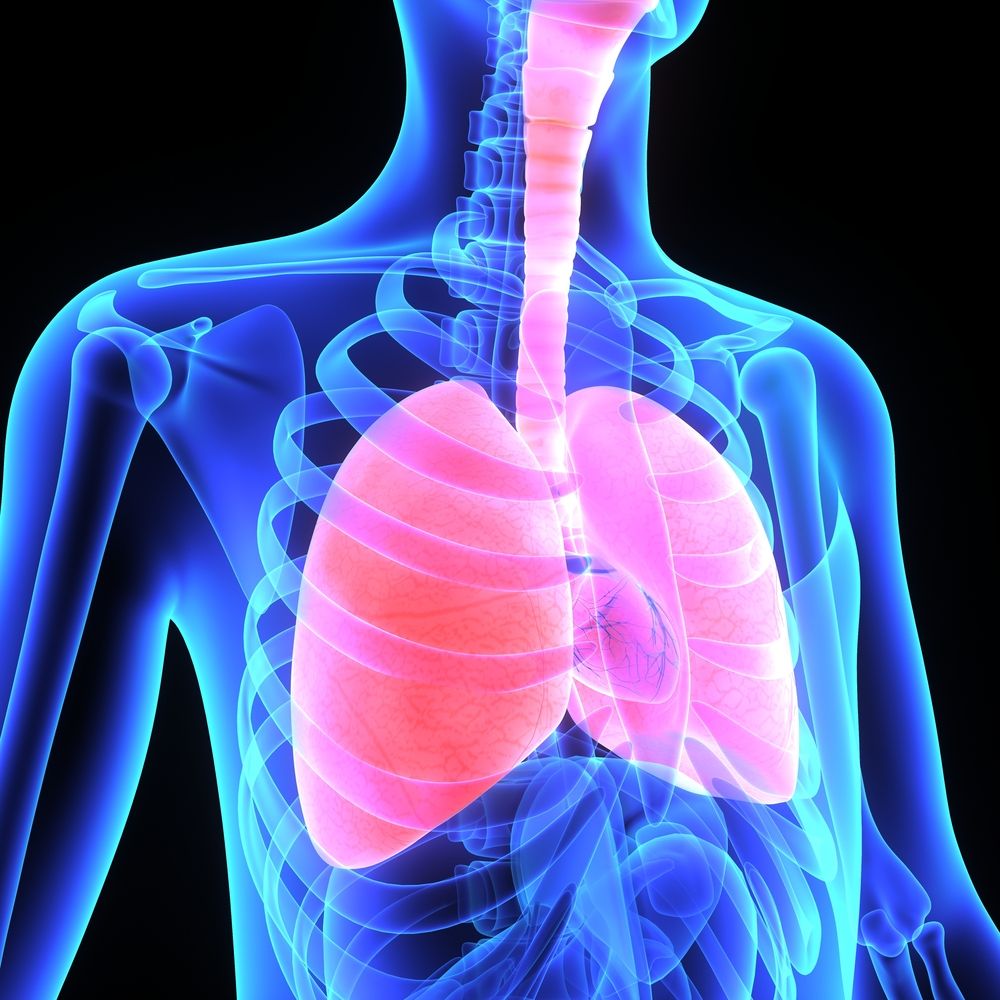Post-COVID 19 Rehabilitation Interventions May Lead to Improvements, Further Research Needed
This new research concluded that the unclear nature of safety outcomes indicated additional research and enhanced monitoring of patients’ adverse events may be necessary.

Rehabilitation interventions are linked to dyspnea, functional exercise capacity, and quality of life improvements in those with post–COVID-19 condition (PCC), according to new findings, though evidence may still be needed and implementation of interventions to promote safety should still involve close monitoring.1
The new findings came from a study examining whether rehabilitation interventions based on exercise or respiratory training connected to improvement in the capacity for functional exercise in adults that are considered PCC.
The study’s investigators noted that a 2023 review had shown that there was not sufficient enough research in existence to improve outcomes for patients who are PCC, and the need for rehabilitation interventions based on solid evidence—as opposed to opinions by experts and observational data—are hugely beneficial for those affected.2
To expand upon current research, the study was led by Dimitra V. Pouliopoulou, MSc, from the Faculty of Health Science’s School of Physical Therapy at Western University in Ontario, Canada.
“The increased attention on PCC now allows us to conduct a more comprehensive, methodologically sound, and stable analysis,” Pouliopoulou and colleagues wrote. “The purpose of this meta-analysis is to assess whether rehabilitation interventions are associated with improvements in physical capacity (functional exercise capacity, muscle function, dyspnea, and respiratory function) and quality of life in adults with PCC.”
Background and Findings
The investigators conducted their systematic electronic search from January 2020 to February 2023, and it was done across Scopus, MEDLINE, CINAHL, and the Clinical Trials Registry. The team found useful studies through the use of key terms including the following:
- Long-covid or post-COVID-19
- Sequelae
- Exercise therapy
- Rehabilitation
- Physical activity or physical therapy
- Randomized controlled trial.
The research team selected studies for their search that had been randomized clinical trials comparing respiratory training and rehabilitation interventions which were exercise-based with control groups being given either placebo, waiting list, usual care, or zero interventions among those identified as PCC.
The investigators followed the Preferred Reporting Items for Systematic Reviews and Meta-Analyses guidelines, and they conducted a Bayesian random-effects meta-analysis with vague prior distributions as part of their search.
The team had 2 independent researchers that would assess the studies’ risk of bias through the use of the Cochrane risk of bias tool (version 2), and they would evaluate the certainty of their evidence using the GRADE system.
The investigators decided the primary outcome would be participants’ capacity for functional exercise, and this would be assessed through the 6-minute walking test at the closest post intervention point in time. Their secondary outcomes used included respiratory function, lower limb muscle function, fatigue, dyspnea, and quality of life, and all had been predetermined.
They presented continuous outcomes as standardized mean differences (SMDs) using 95% credible intervals (CrIs). Binary outcomes, though, were summarized by the investigators as ORs with 95% CrIs, and heterogeneity between the studies was examined through the quantification of between-study variance (τ2) and 95% CrIs.
Overall, the investigators found that among the 1834 records they had identified, 14 trials with 1244 total patients were analyzed for their research. The team added that rehabilitation interventions showed substantial improvements as far as functional exercise capacity, as seen in 7 total trials (99% probability of superiority over standard care).
Additionally, the research team suggested there was moderate certainty of evidence observed for functional exercise capacity and patients’ life quality, noting that other outcomes ended up showing lower certainty.
The investigators lastly noted a lower likelihood of patients reporting exercise-induced adverse events, though the team’s uncertainty remained substantial. Their systematic review and meta-analysis overall indicated that such interventions could benefit dyspnea, functional exercise capacity, and quality of life as opposed to standard care, though the level of the studies’ certainty varied over outcomes.
“The certainty of evidence was moderate for functional exercise capacity and quality of life and low for other outcomes,” they wrote. “Given the uncertainty surrounding our safety outcomes, additional trials with enhanced monitoring of adverse events are necessary.”
References
- Pouliopoulou DV, Macdermid JC, Saunders E, et al. Rehabilitation Interventions for Physical Capacity and Quality of Life in Adults With Post–COVID-19 Condition: A Systematic Review and Meta-Analysis. JAMA Netw Open. 2023;6(9):e2333838. doi:10.1001/jamanetworkopen.2023.33838.
- Davis HE, McCorkell L, Vogel JM, Topol EJ. Long COVID: major findings, mechanisms and recommendations. Nat Rev Microbiol. 2023;21(3):133-146. doi:10.1038/s41579-022-00846-2.